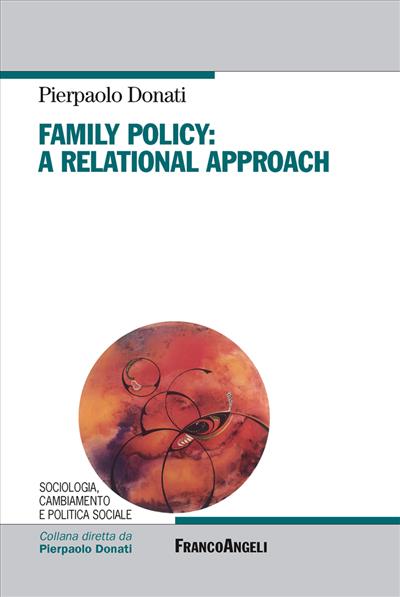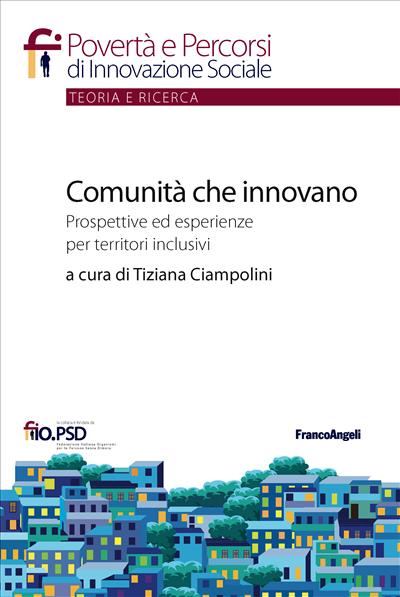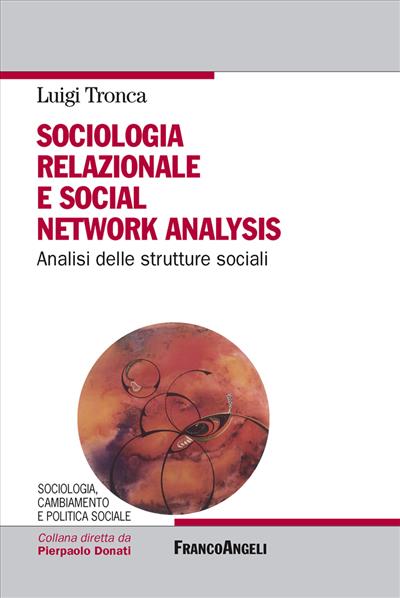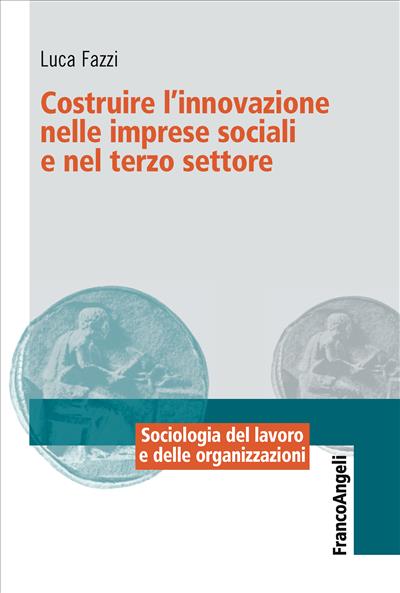
Family Policy.
A Relational Approach
The book proposes a new way of looking at the family and family policy in the context of a society that is in the process of globalization. It seeks to review the relations between families and public policies from the viewpoint of relational sociology. This viewpoint is ‘differential’, that is it highlights what makes a difference in building family relations in one way or another.
Pagine: 144
ISBN: 9788856876499
Edizione:1a edizione 2012
Codice editore: 1534.3.9
Possibilità di stampa: No
Possibilità di copia: No
Possibilità di annotazione: No
Formato: PDF con DRM Readium LCP




